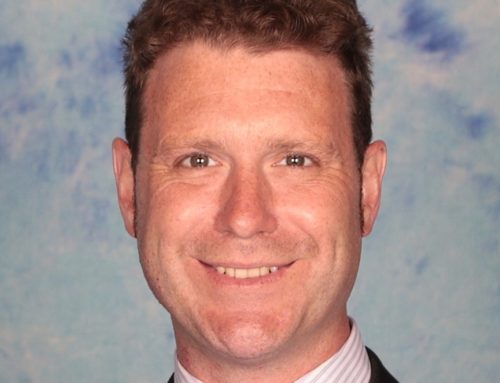Ref: Sharma v Toronto, 2020 HRTO 949
Among measures taken in response to the Covid-19 pandemic, the City of Toronto issued By-Law 541-2020, which required businesses that remained open to adopt policies mandating the use of face masks by customers and staff.
The applicant refused to wear a mask and as a result alleged he was refused service at a number of private commercial establishments, consistent with the By-Law. He alleged that the denial amounted to discrimination based on both creed and disability, contrary to Ontario’s Human Rights Code.
In respect of the claim based on ‘creed’, the applicant asserted that it is his civic duty to be critical of government and skeptical of claims, and therefore to refuse to comply with a mandate that is not based in evidence.
In respect of the claim based on disability, the applicant asserted that wearing a mask impeded his ability to breathe, and that it was unfair to require him to explain and justify his underlying condition to private businesses in order to obtain services.
The Tribunal proceeded to a Summary Hearing of the case under Rule 19A – a process intended to provide for early resolution of a claim where there is no reasonable prospect for success. At Summary Hearing, the Tribunal presumes the allegations laid out by the plaintiff are true, making no findings of fact or credibility, and determines whether (if true and proven) the allegations could support a claim of discrimination.
With respect to the claim in creed, the Tribunal notes that “creed” is not clearly defined, but engages sincerely held beliefs not unlike religious beliefs or practices. While it is not yet clear whether political ideology based on a coherent belief system or structure will qualify as “creed”, the applicant’s complaint expressed mere political opinion – that masks are not effective – does not engage the enumerated ground of creed.
With respect to the claim in disability, the tribunal found that the applicant had alleged two specific medical conditions that made mask-wearing problematic (although these were not disclosed in the decision) that could support a claim of discrimination based on disability. The Tribunal agreed with the applicant that he should not be obligated to disclose or explain his disability in order to obtain accommodation, and specifically left open the prospect that allegations of discrimination against the businesses that had refused the applicant service might be valid.
However, the By-Law specifically provides that the commercial mask-wearing policies shall provide for exemptions (including based on disability) and “shall not require … members of the public to provide proof of any of the exemptions”. The failure of individual businesses to provide for reasonable exemptions, or their improper requirement that he provide proof of disability, was purely a matter between those businesses and the applicant and did not engage any wrongful or discriminatory conduct on behalf of the City. The By-Law is not ambiguous, and the failure of some businesses to properly comply with the by-law cannot be laid at the City’s feet.
Accordingly the application was dismissed.
Comments:
Creed: While it remains unclear whether some kinds of political ideology can qualify as creed, mere difference of political opinion is not protected by the Code. Disagreements as to the wisdom of a given policy, or the evidence supporting a given policy, are political disagreements only and the proper avenue to address them is through democratic and civil action, not allegations of discrimination.
Proof of Disability: The decision emphasizes that, while accommodation is a two way street, it is generally not lawful to require a person claiming disability to prove of their disability or entitlement to accommodation. If the applicant had brought his claim against one or more of the businesses that had refused him admission or service, those claims would likely have proceeded to a full hearing on the merits.
While this position recognizes that the burden of accommodation should not fall on persons with disabilities, it fails to account for the politicization of mask mandates and other public health measures, and the corresponding likelihood that businesses will face a very large number of demands for accommodation that are based in fact on political disagreement and not disability.




Leave A Comment